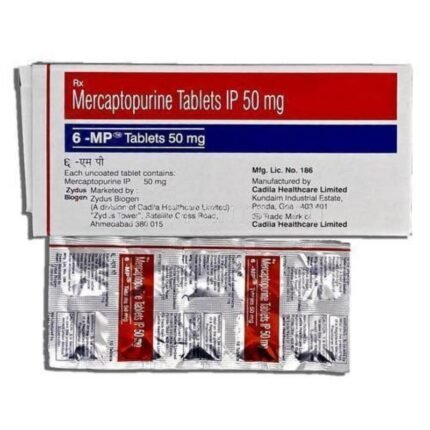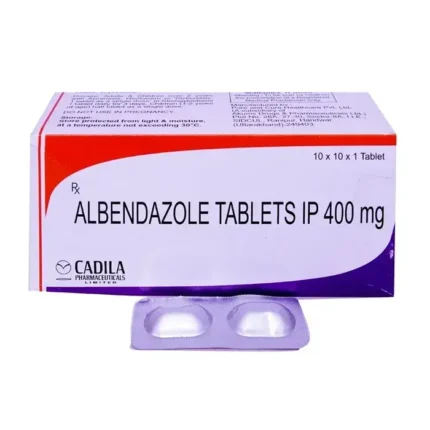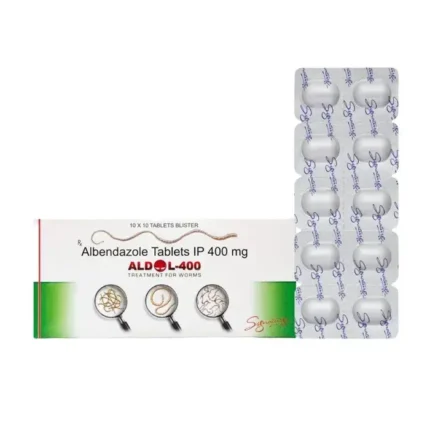Anti-Cancer Medications: Empowering the Fight Against Cancer
Cancer is one of the most serious health conditions worldwide, but modern anti-cancer medications have revolutionized the way we approach treatment. From chemotherapy and targeted therapy to immunotherapy and hormone therapy, these medicines are key tools in fighting various types of cancer effectively.
In this comprehensive guide, we’ll explore how anti-cancer drugs work, the different categories, commonly used medications, and what patients can expect during treatment.
6-MP 50 Mg Tablets (Mercaptopurine)
Price range: $10.00 through $90.00ABD 400 Mg Tablets (Albendazole)
Price range: $30.00 through $85.00Acabrunat 100 Mg Capsules (Acalabrutinib)
Price range: $250.00 through $675.00Adova 1 Mg Tablets (Anastrazole)
Price range: $77.40 through $747.00Alba Throw Plus 12 Tablets (Albendzole 400mg + Ivermectin 12mg)
Price range: $84.00 through $375.00Albendazole 400 Mg Tablets (Albendazole)
Price range: $35.00 through $210.00Albenza 400 Mg Tablets (Albendazole)
Price range: $30.00 through $90.00Aldol 400 Mg Tablets (Albendazole)
Price range: $33.00 through $86.00Alfusin 10 Mg Tablet (Alfuzosin)
Price range: $25.50 through $234.00🧬 What Is Cancer?
Cancer occurs when abnormal cells grow uncontrollably and invade surrounding tissues. These cells can spread to other parts of the body (metastasis). Different cancers behave differently, which is why treatment plans are highly individualized.
💊 Types of Anti-Cancer Medications
1. Chemotherapy
-
Use: Kills fast-growing cancer cells throughout the body
-
Examples: Doxorubicin, Cyclophosphamide, Cisplatin
2. Targeted Therapy
-
Use: Blocks specific molecules involved in cancer growth
-
Examples: Imatinib, Erlotinib, Lapatinib
3. Immunotherapy
-
Use: Stimulates the body’s immune system to fight cancer
-
Examples: Nivolumab, Pembrolizumab, Ipilimumab
4. Hormone Therapy
-
Use: Blocks or lowers hormones that fuel cancer (e.g., breast, prostate)
-
Examples: Tamoxifen, Letrozole, Bicalutamide
5. Anti-Angiogenic Agents
-
Use: Inhibit blood vessel formation to starve tumors
-
Examples: Bevacizumab, Thalidomide
🏆 Popular Anti-Cancer Medications Available
| Brand Name | Generic Name | Use |
|---|---|---|
| Imatib 400 | Imatinib Mesylate | Leukemia, GIST |
| Erlonat 150 | Erlotinib | Lung cancer, pancreatic cancer |
| Veenat 100/400 | Imatinib Mesylate | CML, GIST |
| Nublexa 40 | Regorafenib | Colorectal & liver cancer |
| Sorafenat 200 | Sorafenib Tosylate | Liver, thyroid, kidney cancer |
| Tegonat 100 | Temozolomide | Brain tumors (glioblastoma) |
| Tamodex 20 | Tamoxifen | Breast cancer (hormone receptor+) |
✅ Benefits of Anti-Cancer Medications
-
Directly attack or shrink tumors
-
Improve survival rates across many cancer types
-
Delay cancer progression and prevent recurrence
-
Enhance quality of life when combined with radiation or surgery
-
May allow for non-invasive treatment options
⚠️ Possible Side Effects of Anti-Cancer Drugs
| Type of Drug | Common Side Effects |
|---|---|
| Chemotherapy | Nausea, hair loss, fatigue, lowered immunity |
| Targeted Therapy | Diarrhea, skin rashes, liver enzyme elevation |
| Immunotherapy | Fever, inflammation, autoimmune-like reactions |
| Hormone Therapy | Hot flashes, mood swings, sexual dysfunction |
| Anti-Angiogenics | High blood pressure, bleeding risk |
Side effects depend on the drug type and dosage. Always consult an oncologist for personalized care and side effect management.
🧠 Tips for Patients Taking Anti-Cancer Medications
-
Stay hydrated and eat a balanced diet
-
Follow dose schedules precisely
-
Report any side effects immediately
-
Don’t stop medication without medical advice
-
Get regular blood tests and imaging scans
FAQs About Anti-Cancer Drugs
Can anti-cancer drugs cure cancer completely?
Some cancers can be cured (e.g., testicular cancer), but many are managed long-term. Effectiveness depends on cancer type, stage, and treatment adherence.
Do all cancers require chemotherapy?
No. Some respond better to targeted therapy, radiation, or hormone therapy alone or in combination.
Can I take these drugs at home?
Many modern oral anti-cancer drugs can be taken at home, but they still require regular medical monitoring.
Are generic cancer drugs effective?
Yes, FDA-approved generics have the same active ingredients and are equally effective as branded versions.
📝 Conclusion
Cancer treatment has evolved dramatically with the advent of anti-cancer medications that can extend life, reduce symptoms, and even offer cures in some cases. Choosing the right drug and adhering to a structured treatment plan is vital.
Explore our trusted range of anti-cancer medicines and take your next step toward healing with confidence.









